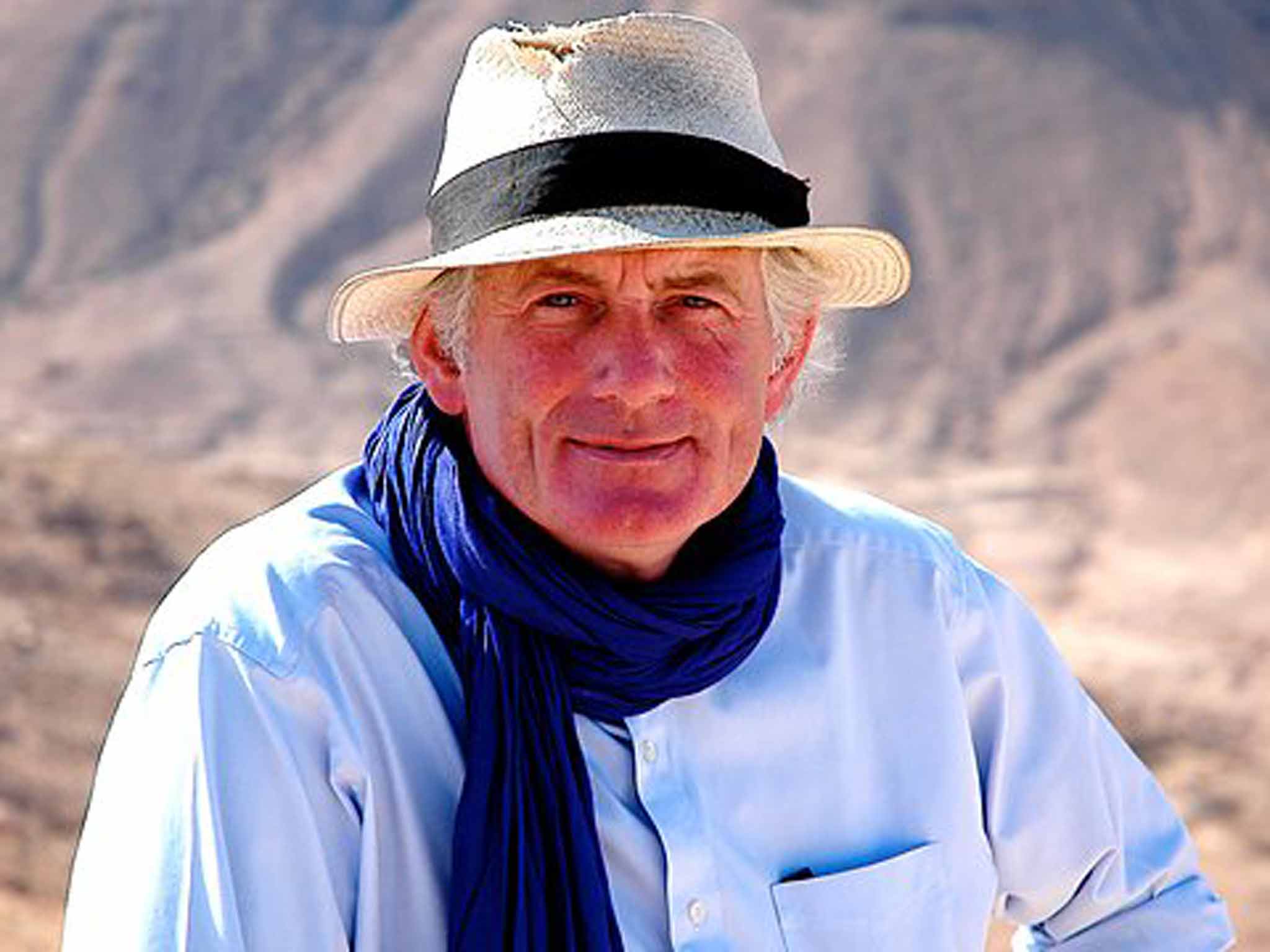Dan Cruickshank's Civilisation Under Attack, BBC4 - TV review: A depressing look at the destruction of human heritage
Has the global media's blackout unwittingly inspired a new form of telegenic propaganda?

Your support helps us to tell the story
From reproductive rights to climate change to Big Tech, The Independent is on the ground when the story is developing. Whether it's investigating the financials of Elon Musk's pro-Trump PAC or producing our latest documentary, 'The A Word', which shines a light on the American women fighting for reproductive rights, we know how important it is to parse out the facts from the messaging.
At such a critical moment in US history, we need reporters on the ground. Your donation allows us to keep sending journalists to speak to both sides of the story.
The Independent is trusted by Americans across the entire political spectrum. And unlike many other quality news outlets, we choose not to lock Americans out of our reporting and analysis with paywalls. We believe quality journalism should be available to everyone, paid for by those who can afford it.
Your support makes all the difference.In Dan Cruickshank's Civilisation Under Attack BBC4 documentary, the usually cheerful art historian held his head in his hands as he watched footage of Isis thugs destroying artefacts from the ancient Mesopotamian "cradle of civilisation".
Cruickshank's investigation into the philosophy (if you can call it that) behind such actions led inevitably to rent-a-gob pantomime villain Anjem Choudary, who declared himself "very pleased, actually" about the destruction of so much human heritage.
His argument that this was a fundamental religious duty was, however, easily refuted by other Muslims including Islamic scholar Usama Hasan and Saba al-Omari a curator at the Mosul Museum, whom Cruickshank met on a trip there some years before the 2014 attack. "She's a Christian, I'm a Muslim," said al-Omari, indicating her colleague, "but life is meaningless to us. We will protect this museum until the last drop of our blood."
Cruickshank also did a thorough job of examining the extent to which the rest of the world should take responsibility. When the global media began imposing a blackout on Isis images of beheadings, did they unwittingly inspire this new form of telegenic propaganda?
It was historian Tom Holland who best summed up the dilemma: "I don't see how we can, morally, as a society, intervene on behalf of stones and statues and not intervene on behalf of the women and the children and the men who are being slaughtered." Perhaps BBC4's arts and culture output can sometimes seem rarefied, but it was proof of how urgent these subjects truly are.
Join our commenting forum
Join thought-provoking conversations, follow other Independent readers and see their replies
Comments